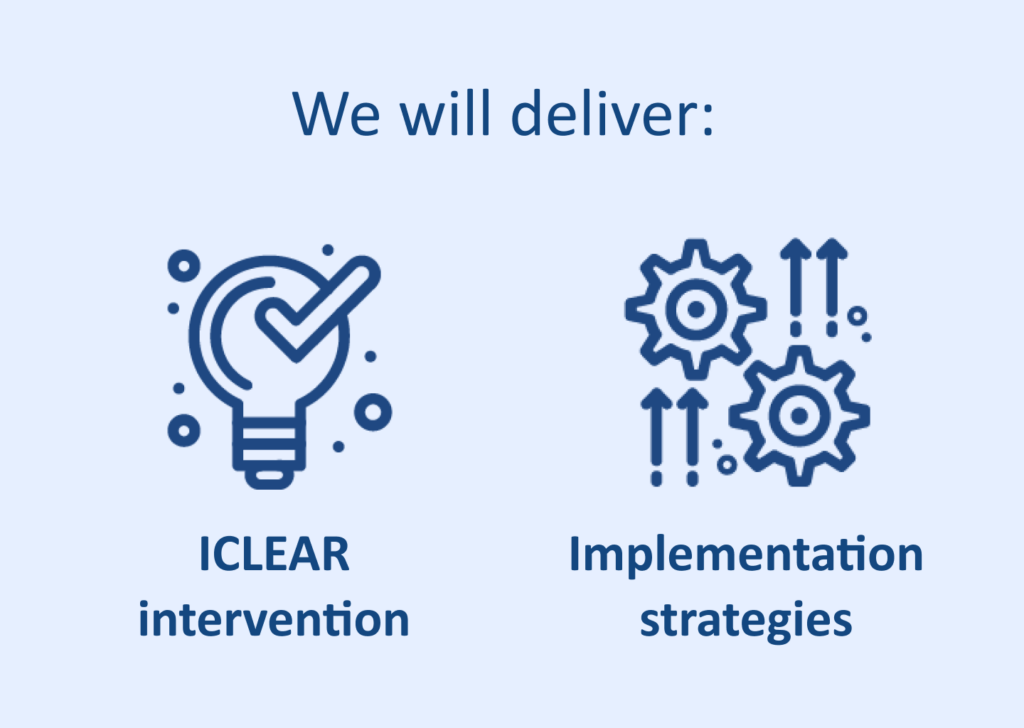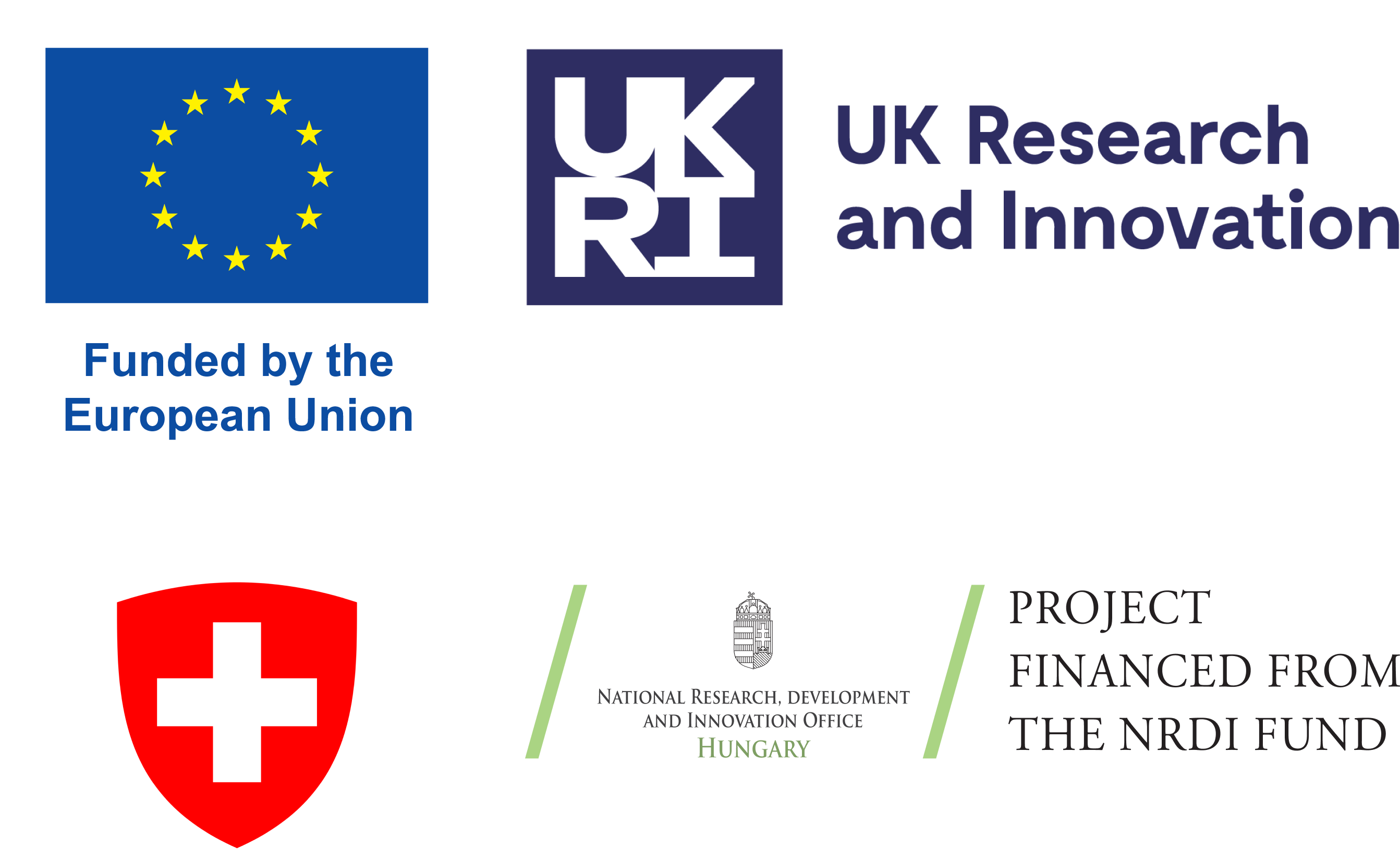THIS WEBSITE USES COOKIES
We use cookies to personalise content, to provide social media features, and to analyse our traffic. By choosing 'allow all cookies', you consent to our cookies.
To find out more, read our privacy policy and cookie policy.
Chronic lung diseases are a devastating reality for many people all around the world. One particularly concerning disease in this category is COPD, which is responsible for 2.9 million deaths annually and is the third leading cause of death worldwide. While palliative care, a specialised medical approach for those with life-threatening conditions, has traditionally been associated with cancer care in Europe, there is a growing recognition of its benefits for individuals with non-malignant diseases like COPD. This type of care seeks to improve physical and psycho-social well-being, ultimately enhancing the quality of life for patients and their families. Recent systematic reviews highlight the positive outcomes of palliative care interventions for non-cancer diseases, including reduced symptom burden and hospitalisations. Despite the benefits, the implementation of palliative care in non-cancer settings within the European Union has been limited.
The symptom burden of people with COPD is severe and burdensome. Palliative care and good end-of-life care for people with COPD are not well integrated into their treatment by respiratory hospital teams in Europe. In addition, the delivery of palliative care to patients with it presents various challenges. One of the main issues is the unpredictable nature of the disease and how it progresses. And the added burden of sudden deaths among patients with COPD only adds to the difficulty of planning and managing this disease. But what makes matters even worse is the lack of information and involvement in decision-making for patients. Furthermore, the social and cultural norms are often neglected in the current treatment of advanced COPD patients. Limited access to palliative care services and inadequate training and education of healthcare providers only compounds the problem, making current COPD interventions not optimal.
people by COPD annually worldwide
caused by COPD annually worldwide
of death globally
The EU PAL-COPD project is undertaking a groundbreaking approach to incorporating palliative and end-of-life care into the standard care path for advanced COPD. Through the implementation of a service-based model, the ICLEAR-EU intervention will focus on early identification of palliative care needs, multidisciplinary care integration, advance care planning, and ongoing review to reduce avoidable hospitalisations and mitigate the impacts of COPD.
This project aligns with the Horizon Europe 2023-2024 Health work programme, specifically the call HORIZON-HLTH-2023-DISEASE-03-01. We plan to conduct a stepped wedge cluster randomized controlled trial to measure the (cost-) effectiveness of the highly innovative non-pharmacological ICLEAR-EU intervention in improving quality of life and reducing hospitalisations for individuals with advanced COPD. This project seeks to go above and beyond the current standards of COPD care in Europe by not only considering medical needs but also prioritising a patient- and family-centred approach with shared decision-making in care planning and continuity of care between hospital and community settings. Our aim is to achieve the triple aim of better healthcare, better health, and lower costs.
Better quality of life and less psychological distress
Reduced hospitalisations, fewer ICU and emergency department admissions
Improved patient and family understanding of COPD and opportunities for patient involvement in expressing preferences for treatment
Timely identification of patient’s palliative care needs
Open conversations between patient, caregiver and healthcare professionals
Equitable access to palliative care for all patients, incl. vulnerable and underserved populations
Reduced health system and economic costs

One of the main focuses of this project is to develop and implement a feasible, acceptable, and sustainable intervention that is compatible with existing pain management, palliative care, and end-of-life care practices in European healthcare systems. The intervention will be tailored to fit the specific contexts of each healthcare setting, with continuous involvement of users and stakeholders to ensure that complex human, social, cultural, and ethical aspects of COPD care are addressed. Through the EU PAL-COPD project, we aim to promote health equity for individuals with advanced COPD who are often marginalised and disadvantaged, with low health literacy and socioeconomic status, and are primarily over the age of 50 and male. By improving access to appropriate palliative and end-of-life care, this project has the potential to significantly impact health equity and access to care across the community.
The information you provide will only be used for newsletter campaigns by EU PAL-COPD. We use Mailchimp as our marketing platform. By clicking below to subscribe, you acknowledge that your information will be transferred to Mailchimp for processing. Learn more about Mailchimp’s terms of use. You can unsubscribe at any time by clicking the link in the footer of our emails. Read our privacy policy to learn how your data is used.

EU PAL-COPD is funded by the European Union. Views and opinions expressed are however those of the author(s) only and do not necessarily reflect those of the European Union or the European Health and Digital Executive Agency (HaDEA). Neither the European Union nor the granting authority can be held responsible for them [grant number 101136621]. This project is also supported by the UK Research and Innovation (UKRI) [grant numbers 10109731 and 10109782], the Ministry of Culture and Innovation of Hungary from the National Research, Development and Innovation Fund [grant number 2020-2.1.1-ED-2023-00260], and the Swiss State Secretariat for Education, Research and Innovation (SERI).
© 2024 accelopment Schweiz AG · info@accelopment.com · ISO 9001 certified · Read our Privacy Policy and Cookie Policy